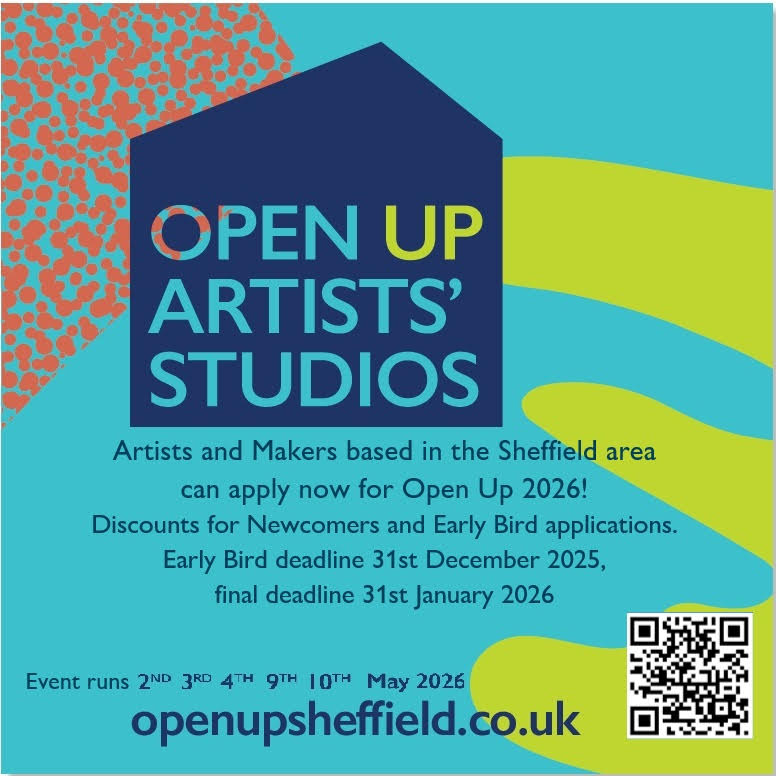Kate Sully: The Art of Disconnection
Kate Sully is a mixed media artist, often working in large scale with a range of materials and techniques, She is currently exploring ideas around the Art of Disconnection in response to a recent art and science residency in Australia.

"I was awarded a Develop your Creative Practice (DYCP) grant from Arts Council England to travel to Fremantle Arts Centre in Western Australia to explore creativity and brain patterns. The residency was for 8 weeks from January - March 2020 and I was part of the international residency scheme the centre offers every year to artists to spend time making new work. It was an amazing life changing experience and I had the time to take risks and try new processes which resulted in a whole new way of working which I am now continuing back in Sheffield, UK.
My project in Fremantle explored ideas around creativity and brain patterns and art connecting us to the world and creating a sense of belonging. Through this work, I am also collaborating with SITraN the neuroscience research department at the University of Sheffield and developing ideas around nurturing the brain and links between dementia and lifestyle and whether creativity plays a part in our wellbeing and brain health.
The work I create builds on the ideas and painting / collage techniques I began in Fremantle to produce a series of artworks for the Festival of the Mind event in Sheffield in September. The festival team are going ahead with the festival and showcasing it online (and hopefully physically too, depending on the coronavirus situation) so I am busy in my studio during lockdown creating.
I regularly discuss my ideas with researchers via zoom calls to keep in touch and we are planning how to present our work online and through podcasts or talks during the festival. My artwork is not illustrative of the science but a creative response through a mix of digitally printed images relating to the brain, which I collage, paint and cut up to create large scale colourful pieces. The manipulated research images are then able to tell different stories about memory and function through a creative language.
Being in lockdown has given me time to work in my studio and continue the themes around disconnection and brain patterns but it has also exacerbated the sense of disconnection for me personally. Despite this, I feel like I have grown in confidence to pursue my own creative practice and I hope to continue this after the lockdown ends.
To find out more about Kate’s project, go to the Fremantle Arts Centre website. You can also find her at www.katesully.com or on Instagram or Twitter.
CuratorSpace are currently featuring articles by artists, curators and organisations who want to share their experiences of responding to the COVID-19 pandemic, whether that is artists using their practice as a way of exploring new boundaries of isolation, or as a way to connect more broadly with their communities. We are also interested in hearing from curators and organisations who are offering support to artists and audiences during this time.
Contact us at louise@curatorspace.com to share your story.
Get the latest CuratorSpace news, updates about new opportunities, upcoming deadlines, and art-related promotions.
CuratorSpace isn't another listings website; it's a place where curators and organisers can use custom online forms to allow artists to apply to their opportunity. It also allows you to see and manage all submissions made to your opportunity on the website, and to contact contributors directly.
Register now and you can start making submissions and even create your first opportunity for free.

